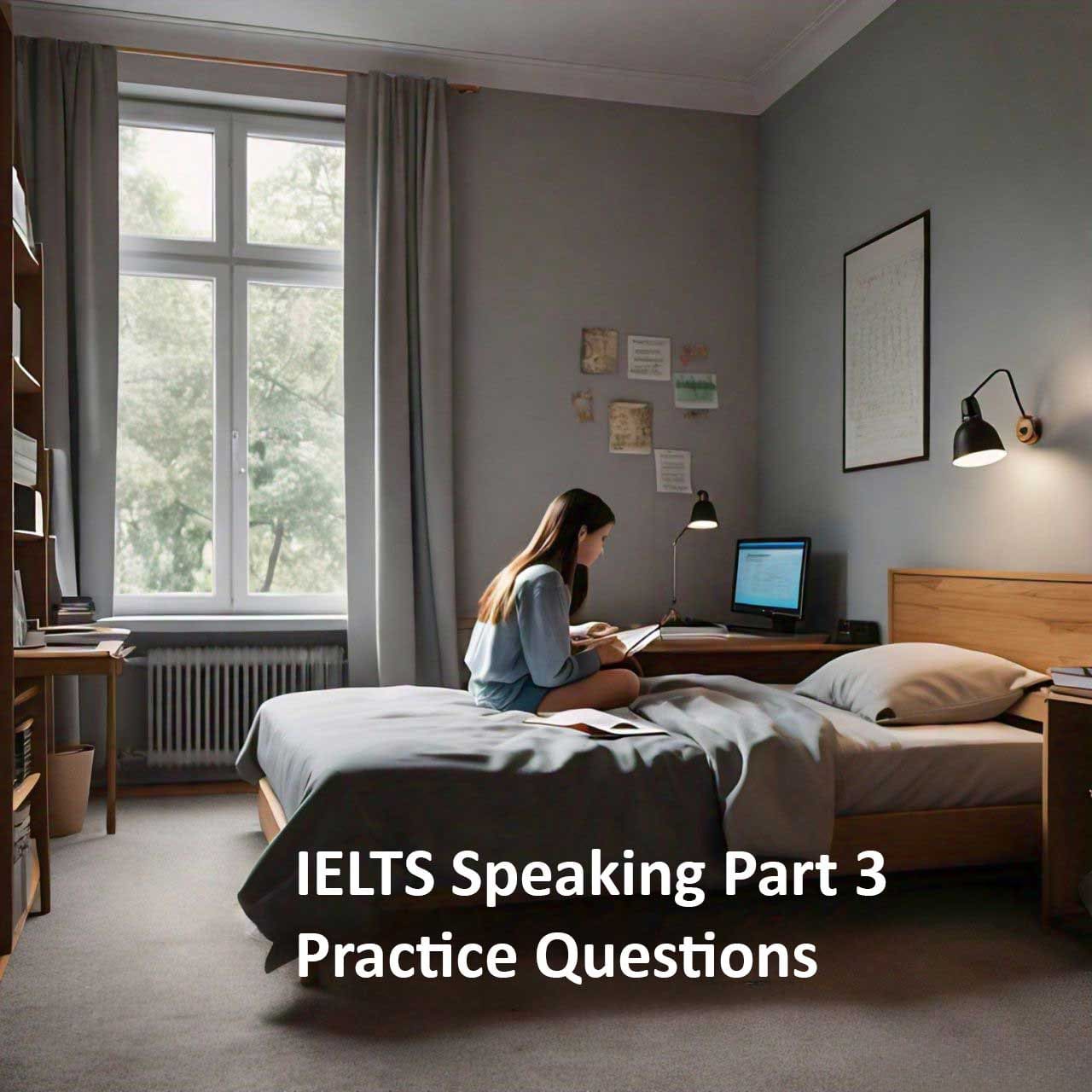Achieving fluency in spoken English is not just about stringing words together; it’s about communicating ideas effectively, articulating thoughts with confidence, and engaging in meaningful dialogue. For many individuals preparing for the International English Language Testing System (IELTS) exam, mastering spoken English is a critical component of achieving their desired score. In this blog post, we’ll explore the importance of speaking practice for IELTS success and share effective strategies to enhance fluency in preparation for the exam.
Why Focus on Speaking Practice?
The speaking component of the IELTS exam evaluates your ability to communicate verbally in English across various situations, ranging from casual conversations to formal discussions on academic or professional topics. A high level of fluency, coherence, and accuracy in spoken English is essential for scoring well in this section. Here’s why speaking practice is crucial for IELTS candidates:
1. Communication Skills: Speaking practice helps you develop the ability to express yourself clearly and confidently, conveying your ideas with precision and coherence. Effective communication is not just about vocabulary and grammar; it’s also about intonation, pronunciation, and non-verbal cues.
2. Real-Life Interaction: Engaging in speaking practice simulates real-life communication scenarios, allowing you to interact with others in English and adapt to different conversational styles and contexts. This real-world experience is invaluable for building confidence and overcoming language barriers.
3. Listening and Responding: Speaking practice involves active listening and immediate responses, fostering your ability to understand spoken English in real time and formulate coherent replies. This dynamic exchange hones your listening skills and trains you to think on your feet—a valuable skill for the IELTS speaking test.
4. Vocabulary Expansion: Through speaking practice, you’ll naturally expand your vocabulary as you encounter new words and expressions in conversation. Using vocabulary in context enhances retention and understanding, enabling you to communicate more effectively in diverse situations.
5. Grammar and Sentence Structure: Regular speaking practice reinforces grammatical structures and sentence patterns, helping you internalize language rules and use them accurately in speech. By applying grammar in context, you’ll develop a natural feel for the language and improve your overall fluency.
Effective Strategies for Speaking Practice:
1. Engage in Conversations: Practice speaking English regularly by engaging in conversations with friends, language partners, or language exchange groups. Focus on topics relevant to the IELTS exam, such as education, work, technology, or current events.
2. Record and Review: Record yourself speaking and listen to the recordings to identify areas for improvement. Pay attention to pronunciation, intonation, and fluency, and make note of any recurring errors or areas of weakness.
3. Use Speaking Prompts: Utilize speaking prompts from IELTS preparation materials or online resources to practice answering typical exam questions. Time yourself to simulate the conditions of the speaking test and work on delivering concise, coherent responses within the allotted time frame.
4. Seek Feedback: Solicit feedback from teachers, tutors, or language partners on your speaking performance. Constructive feedback can help you identify strengths and weaknesses, refine your speaking skills, and tailor your practice to areas that need improvement.
5. Immerse Yourself: Immerse yourself in English-language media, such as podcasts, radio programs, movies, and TV shows, to expose yourself to natural spoken English. Pay attention to pronunciation, intonation, and conversational patterns, and try to emulate native speakers.
6. Practice Pronunciation: Dedicate time to practicing pronunciation and intonation patterns, focusing on sounds that are challenging for you. Use pronunciation guides, audio resources, or pronunciation apps to refine your accent and clarity of speech.
Conclusion:
Enhancing fluency through speaking practice is a fundamental aspect of IELTS preparation, essential for achieving success in the speaking component of the exam. By engaging in regular conversations, utilizing speaking prompts, seeking feedback, and immersing yourself in English-language environments, you’ll strengthen your communication skills and build confidence in expressing yourself fluently and coherently. Remember that fluency is not achieved overnight—it requires consistent effort, practice, and a willingness to step out of your comfort zone. With dedication and perseverance, you’ll be well-equipped to excel in the IELTS speaking test and communicate confidently in English beyond the exam.



